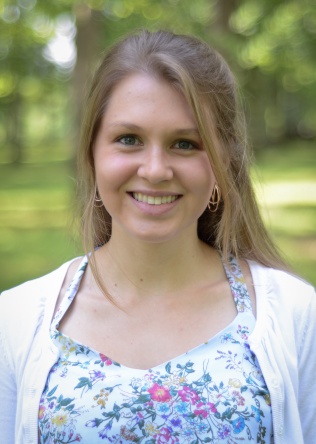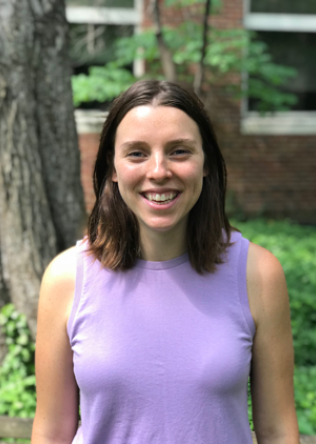Timothy W Thoner
Britton A Strickland
Jeanette Miller, B.S.
Jeanette is from central Florida and earned her B.S. in advertising at the University of Florida before receiving her B.S. in microbiology from the University of South Florida. During her undergraduate, Jeanette's research focused on understanding the contribution of light pollution to disease dynamics in the lab of Dr. Lynn Martin. Now, in graduate school, Jeanette is in the lab of Dr. Eric Skaar. She devotes her research time to understanding the dynamic interplay between the vertebrate immune system and Acinetobacter baumannii in the sequestration of nutrient metals. In her free time, Jeanette greatly enjoys reading, hiking, and playing with her cat and dog.
Acinetobacter baumannii is an opportunistic human pathogen most notably associated with nosocomially-derived pneumonia and bacteremia. Due to multi-drug resistance, A. baumannii has few therapeutic options available thus emphasizing the need for novel drug development. The intrinsic importance of nutrient metals for all bacterial species indicates the potential for alternative therapeutic strategies targeting bacterial nutrient metal uptake systems. Calprotectin, a host defense protein, notably contributes to host nutrient metal pools by stripping pathogen metalloproteins, like zinc (Zn) through metal chelation in a process known as nutritional immunity. Understanding the dynamic interactions of host nutritional immunity and A. baumannii during infection may allow for the development of novel therapeutics targeting metal uptake.
Jamisha Francis
I hail from the wonderful island of St. Thomas part of the US Virgin Islands. I earned my degree in biology with a minor in psychology from the University of the Virgin Islands. As an undergrad, I worked in Dr. Jennifer Robinson lab on Stegastes adustus erythrocytes infected with Haemohormidium-like apicomplexan parasites.
Awards and Honors:
OBGAPS Social Chair
In the Gaddy Lab we study how transition metals affect bacterial pathogenesis. My focus in the lab is to study the effects that zinc has on GBS pathogenesis.
Nathaniel Chapman
Sarah C. Bloch
Maggie McBride
Maggie McBride is proud to be from Chardon, Ohio. She majored in Biomedical Science at The Ohio State University, where she studied streptococcal adherence in the lab of Dr. Sam King. She joined the Vanderbilt MSTP in 2017, and plans to become a pediatric physician-scientist.
Maggie studies the role of the dicarboxylic acid itaconate in regulating macrophage metabolism and controlling bacterial burden in sepsis.
Publications on 
Catherine Shelton
I graduated from Western Washington University in 2016 with a B.S. in Biochemistry. After graduation, I worked as a research assistant in the Tuberculosis Discovery Research Group at the Infectious Disease Research Institute in Seattle, WA. I joined the IGP in 2018 and began working in the lab of Dr. Mariana Byndloss in 2019.
Interaction between the gut microbiota and host during disease.
Kaitlyn Schaaf
Kaitlyn graduated with a B.Sc. in Biology from Samford University in 2014 where her research focused on restoration ecology of tropical rain forests. Upon graduation, she began working as a research assistant in the laboratory of Dr. Olaf Kutsch at the University of Alabama at Birmingham where she studied the host cellular changes involved in the long term persistence of HIV and Mycobacterium tuberculosis infections. Kaitlyn began graduate school at Vanderbilt University in the fall of 2017 and joined the Microbe Host Interactions program.
Awards and Honors:
President, American Society of Microbiology Student Chapter of Vanderbilt University
Kaitlyn's thesis research focuses on the pathogenesis of influenza virus associated acute respiratory distress syndrome. In particular, she studies the underlying cellular and molecular mechanisms of alveolar epithelial glycocalyx shedding in the lung epithelium during infection, and how that propagates lung injury.








